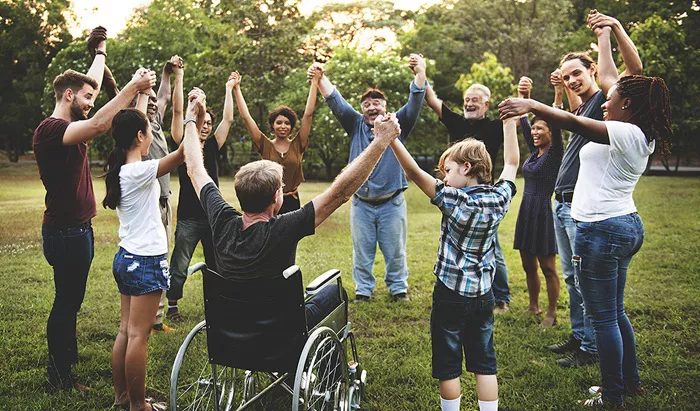Despite growing evidence that social isolation and loneliness significantly affect physical health and increase mortality risk, most people—including healthcare professionals—still underestimate their impact, recent studies show.
Brigham Young University professor Julianne Holt-Lunstad, a leading expert on the subject, has long highlighted the health consequences of poor social connection. Her 2010 meta-analysis and a 2023 assessment framework emphasized the urgency, and she now advises both the U.S. Surgeon General and the World Health Organization on the issue.
In two new studies led by Holt-Lunstad and doctoral student Andrew Proctor, researchers surveyed more than 2,000 adults from the U.S., U.K., and Australia, as well as 681 healthcare providers. The findings were consistent: both the general public and medical professionals undervalue social connection as a health factor, even post-pandemic.
Proctor noted that although terms like “isolation” and “loneliness” surged online during COVID-19, public attitudes didn’t significantly change. “Despite all the buzz, people still don’t associate social disconnection with physical health risks,” he said.
Healthcare providers mirrored these beliefs. While some acknowledged the relevance of social factors, they cited a lack of time and tools to address them in clinical settings. However, providers affiliated with institutions focused on social health—like the University of California San Francisco—rated social connection as more important, likely due to exposure to related research and initiatives.
“Social connection should be treated like a vital sign, similar to blood pressure or cholesterol,” Proctor said. “Ignoring it misses a crucial aspect of patient health.”
The researchers argue that awareness is just the beginning. They call for better education for medical professionals, revisions to school health curricula, and public health campaigns that treat social connection as a legitimate, modifiable health factor.
Future efforts may include strategies like “social prescribing,” where doctors recommend community or social activities to support well-being.
Related topics:


